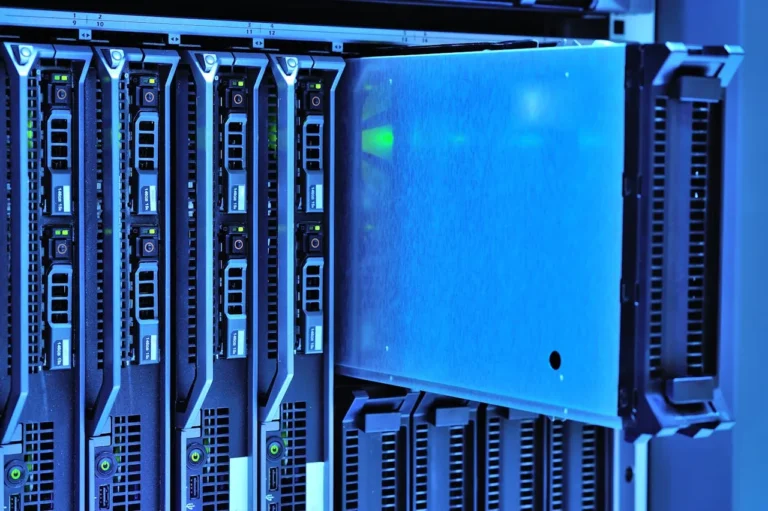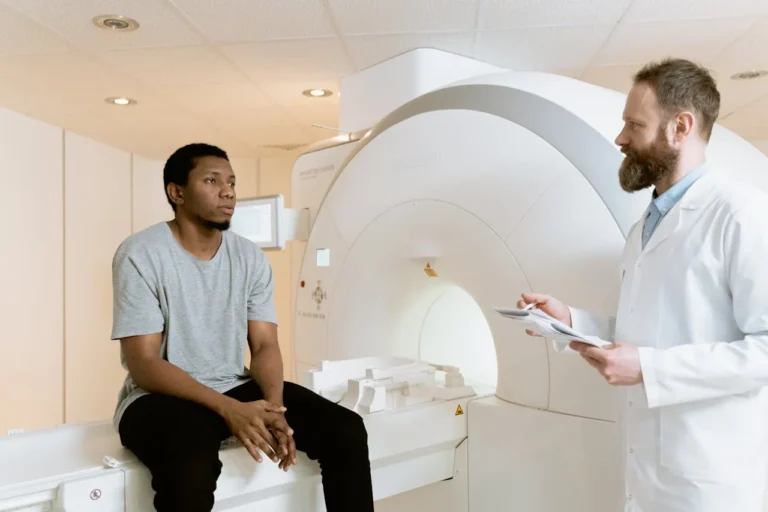
Daimler Buses Sets Ambitious Goals for Future Growth Daimler Buses is charting an ambitious course for its future, aiming to strengthen its position as the global leader in all core markets by 2030. The company is steadfast in its pursuit of an adjusted return on sales of nine percent by the end of the decade, with an intermediate goal of eight percent by 2025, contingent upon favorable market conditions. These objectives underscore Daimler Buses’ commitment to enhancing profitability, even amidst challenging market landscapes, thereby enabling substantial investments for transformation and long-term competitiveness.
CEO Till Oberwörder outlined these strategies today at an event in Madrid, emphasizing the company’s dedication to expanding its electric portfolio and aligning services closely with evolving customer demands. A key focus lies on digitalizing products and processes to offer enhanced value to customers while boosting internal efficiency. These measures are meticulously planned to contribute to a holistic, customer-centric approach.
Oberwörder stated, “The ongoing transformation of our industry aligns with the increasing demand for eco-friendly transportation solutions. By championing locally CO2-neutral buses, we aim to play a pivotal role in combating climate change. We are confident that this decade will be pivotal for the bus industry, and we intend to seize opportunities to lead the transformation through our unparalleled products and services.”
Anticipated Growth in Bus Traffic Drives Shift towards CO2-Neutral Vehicles
The global significance of bus travel is expected to surge in the coming years, with projections indicating a ten percent increase in public mobility demand by bus in Europe and Latin America from pre-pandemic levels to 2030. City buses are poised to spearhead this growth, with a notable emphasis on locally CO2-neutral models. Regulatory frameworks, such as the European Union’s directive mandating 90 percent of new city bus purchases to be CO2-neutral by 2030, underscore this industry shift toward sustainability.
Daimler Buses is committed to a comprehensive electrification roadmap across all segments. While electric city buses have been in production since 2018, plans include introducing intercity e-buses by the mid-2020s and electrified coaches by 2030. Leveraging synergies with Daimler Truck Group, the company aims to streamline development and profitability by sharing e-drivetrain, components, and technologies between electric buses and trucks.
Focus on Ecosystems and Digital Services
Daimler Buses is intensifying its focus on holistic solutions through its subsidiary, Daimler Buses Solutions GmbH, which offers turnkey e-infrastructure packages for electric fleet operators. The company is actively involved in numerous projects across Europe, expanding its portfolio to include hydrogen infrastructure to meet future needs.
Moreover, Daimler Buses remains committed to enhancing traditional services for both electric and conventionally powered vehicles. This includes expanding its network of workshops for swift vehicle repairs and leveraging 3D-printing technology to improve parts availability.
Digitalization is poised to revolutionize efficiency for customers and businesses alike. Daimler Buses plans to leverage cutting-edge analysis tools and artificial intelligence to create digital twins of buses, enabling proactive maintenance and optimized assembly processes. Over-the-air updates, slated for rollout in the mid-2020s, will further enhance vehicle functionality and performance.
Strong Performance in 2023 Sets Stage for Future Success
In 2023, Daimler Buses maintained its leadership position in core markets, achieving significant unit sales growth globally, notably in Europe. This success was bolstered by a robust return on sales, reflecting positive market dynamics and efficient operational measures. Looking ahead, Daimler Buses remains steadfast in its commitment to innovation, sustainability, and customer satisfaction as it charts a course for continued growth and leadership in the global bus industry.




